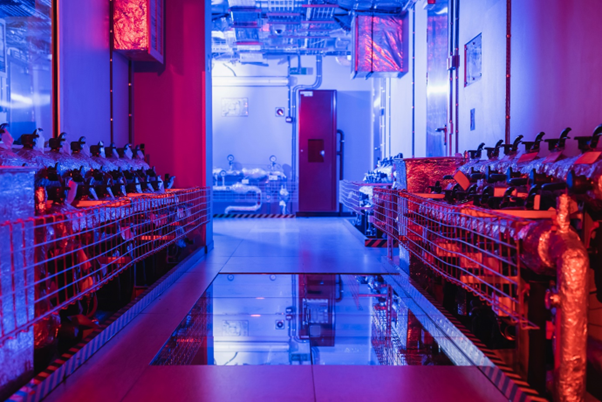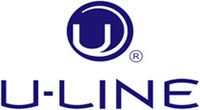In the digital age, data centers serve as the beating heart of our technological infrastructure. These hubs of computation power, housing servers, and networking equipment play a critical role in supporting everything from online services to cloud computing. However, with great power comes great heat—data centers generate immense amounts of heat during their operations.
Efficient cooling solutions are paramount to maintaining optimal performance and safeguarding the integrity of the sensitive electronic components within.
This blog delves into advanced cooling solutions for data centers, exploring innovative technologies and the role of commercial air conditioning in this critical domain.
The Heat Challenge in Data Centers
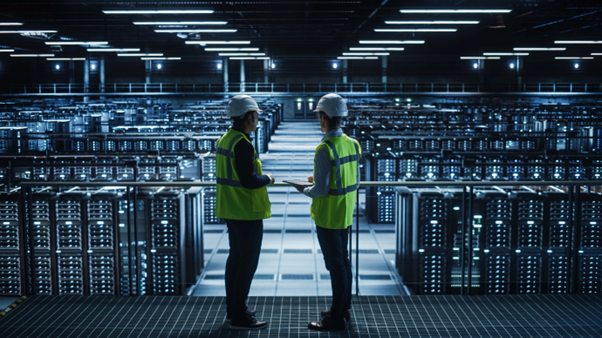
As data centers handle increasing workloads and process vast amounts of information, they generate substantial heat. The performance and reliability of the electronic components crucially depend on maintaining an optimal operating temperature. Excessive heat can lead to reduced efficiency, increased risk of equipment failure, and potential data loss. Addressing this challenge requires sophisticated cooling solutions that go beyond traditional approaches.
Traditionally, air cooling has been the go-to method for dissipating heat in data centers. However, as power densities increase, the limitations of air cooling become apparent. Liquid cooling, an alternative gaining traction, involves circulating a coolant directly in contact with the heat-generating components. This method is more efficient at transferring heat away from sensitive equipment and offers greater control over temperature fluctuations.
Emerging Technologies in Data Center Cooling
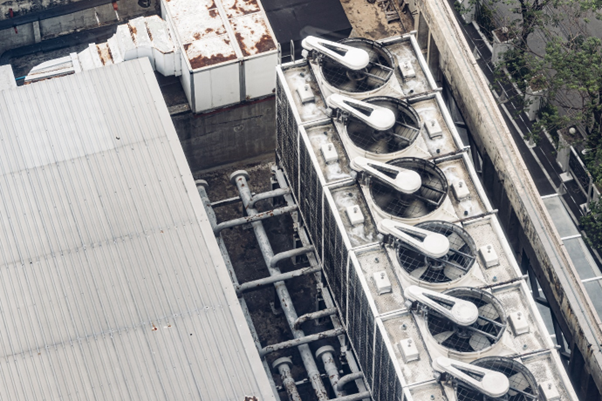
Direct-to-Chip Cooling
Direct-to-chip cooling is a cutting-edge approach that involves placing cooling systems directly on the microprocessors. This method maximizes heat dissipation efficiency by addressing the heat source at its origin. The compact design of these systems allows for precise temperature control, enabling data center operators to optimize cooling at the micro level.
Micro-level cooling is especially crucial in high-performance computing environments where individual processors generate significant heat. By directly cooling the chips, this approach prevents localized hotspots and ensures uniform temperatures across the entire server infrastructure. This not only enhances performance but also extends the lifespan of the equipment.
Immersive Cooling
Immersive cooling, also known as liquid submersion cooling, submerges servers or entire racks in a dielectric fluid that efficiently absorbs and transfers heat. This method minimizes air resistance, reducing the energy required for cooling. While the concept might seem radical, it is gaining acceptance due to its effectiveness and potential for substantial energy savings.
The immersion of servers in a cooling fluid ensures efficient heat dissipation without relying on traditional air-cooling mechanisms. This not only reduces the energy needed for cooling but also eliminates the need for large air conditioning systems, contributing to a more streamlined and energy-efficient data center design.
Commercial Air Conditioning in Data Centers
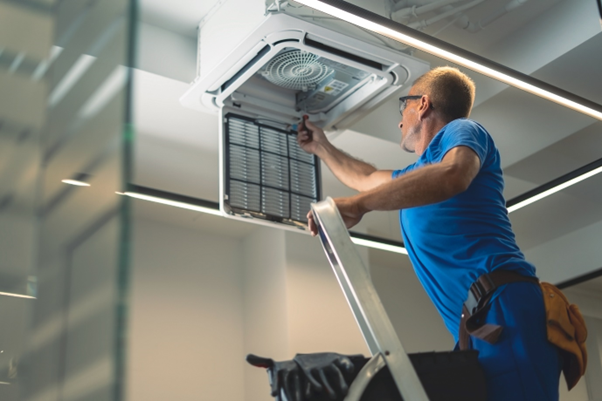
Commercial air conditioning, specifically precision air conditioning, plays a pivotal role in maintaining the temperature and humidity levels required for data center equipment. Unlike traditional comfort cooling systems, precision air conditioning is designed to deliver precise control over environmental conditions, ensuring that data center components operate within specified temperature and humidity ranges.
Precision air conditioning units are strategically placed within data centers to create zones of consistent temperature. These units can adjust cooling output dynamically based on the heat load in different areas, providing flexibility and efficiency. The ability to maintain optimal conditions is particularly crucial for data centers hosting high-performance computing equipment.
Challenges and Solutions
While commercial air conditioning is a staple in data center cooling, it faces challenges in terms of energy consumption and environmental impact. The sheer scale of data centers often requires substantial energy for cooling, contributing to overall operational costs and carbon footprints. However, advancements in energy-efficient HVAC (Heating, Ventilation, and Air Conditioning) technologies and the integration of renewable energy sources are addressing these challenges.
Variable speed compressors and fans, coupled with intelligent control systems, allow precision air conditioning units to adapt to changing conditions dynamically. This results in reduced energy consumption during periods of lower heat loads, contributing to operational efficiency. Additionally, advancements in refrigerants with lower global warming potential are minimizing the environmental impact of commercial air conditioning systems.
Efforts to improve the energy efficiency of commercial air conditioning in data centers extend beyond the units themselves. Advanced building management systems leverage data analytics to optimize the overall cooling infrastructure. These systems can predict cooling requirements, adjust settings in real time, and identify opportunities for further energy savings.
Optimizing Data Center Cooling Systems
Data Center Design Considerations
Beyond the choice of cooling technology, the design of the data center itself plays a crucial role in optimizing cooling efficiency. The layout, airflow management, and the arrangement of server racks impact how effectively cooling solutions can dissipate heat. Implementing hot and cold aisle containment strategies, for instance, helps channel hot air away from server intakes, preventing recirculation and improving overall cooling efficiency.
Strategic design considerations extend to the use of modular data center infrastructure. Modular designs allow for scalability and flexibility, enabling data center operators to adapt to changing demands and optimize cooling solutions for specific workloads. This agility is particularly valuable in dynamic computing environments where the heat generated can vary significantly over time.
The Role of Renewable Energy
As the push for sustainability gains momentum, data centers are exploring ways to integrate renewable energy sources into their operations. Solar panels, wind turbines, and other renewable energy systems can offset the energy demands of data centers, including the power required for commercial air conditioning. Adopting a holistic approach that combines energy-efficient technologies with clean energy sources aligns data center operations with broader environmental goals.
Renewable energy integration in data centers goes beyond meeting sustainability targets—it also contributes to energy cost savings. By generating clean energy on-site or sourcing it from renewable providers, data centers can reduce their reliance on conventional power grids and mitigate the impact of fluctuating energy prices. This approach not only benefits the environment but also improves the long-term economic viability of data center operations.
Final Thoughts
In the evolving landscape of data center technology, the quest for efficient cooling solutions is paramount. From traditional air cooling to innovative approaches like liquid cooling, data center operators are exploring a range of options to tackle the heat challenge. Commercial air conditioning, especially precision air conditioning, remains a stalwart in maintaining optimal operating conditions.
The future of data center cooling lies in a combination of advanced technologies, intelligent management systems, and a commitment to sustainability. As the demand for data processing continues to soar, ensuring the resilience and efficiency of data center cooling systems is not just a technical challenge but a critical step toward a more sustainable and technologically advanced future.
Get Reliable Commercial Air Conditioning Services from Airplus Refrigeration from Your Data Center
Ensure peak performance for your data center with Airplus Refrigeration. From commercial air conditioning service to refrigeration maintenance in Los Angeles, our factory-authorized service agents have you covered.
Contact us now for reliable solutions, including ice machine repair and commercial refrigeration services tailored to your specific needs.


